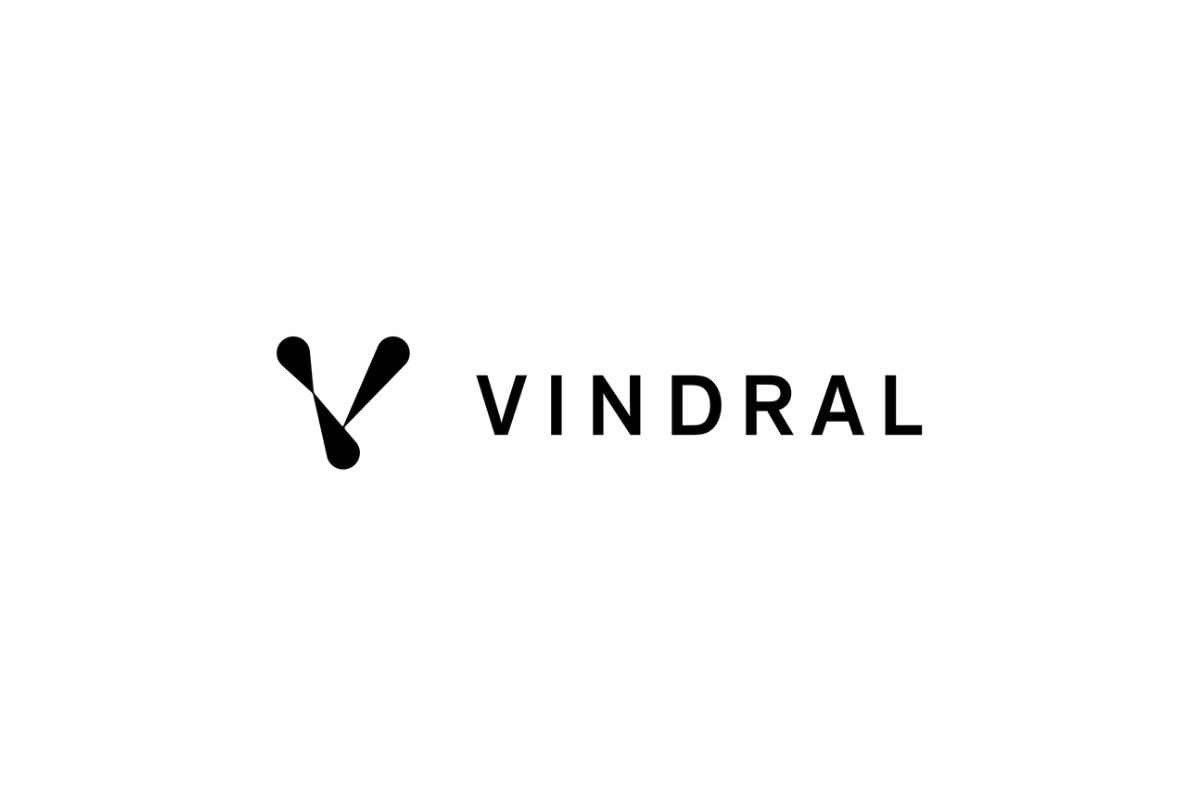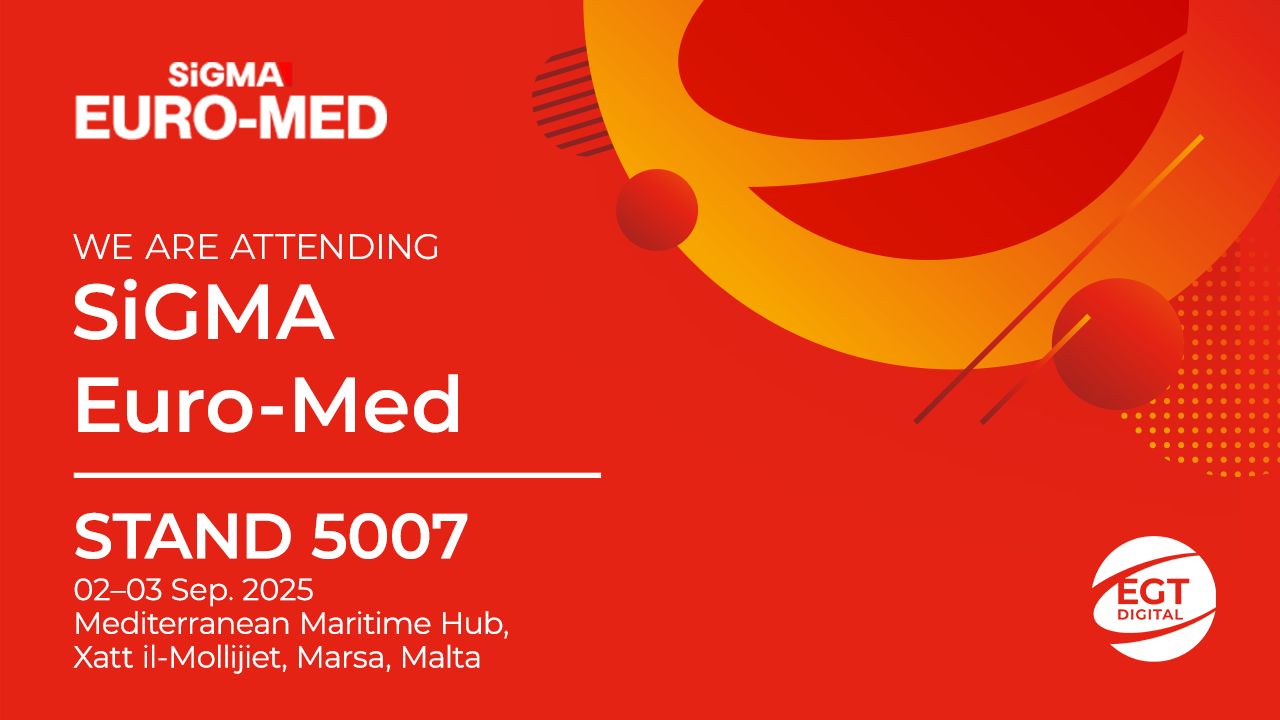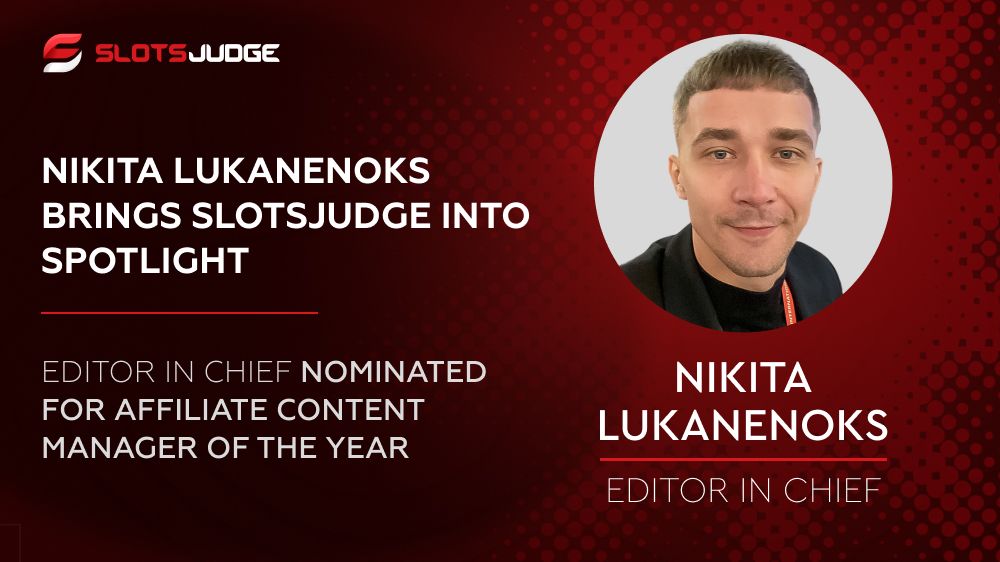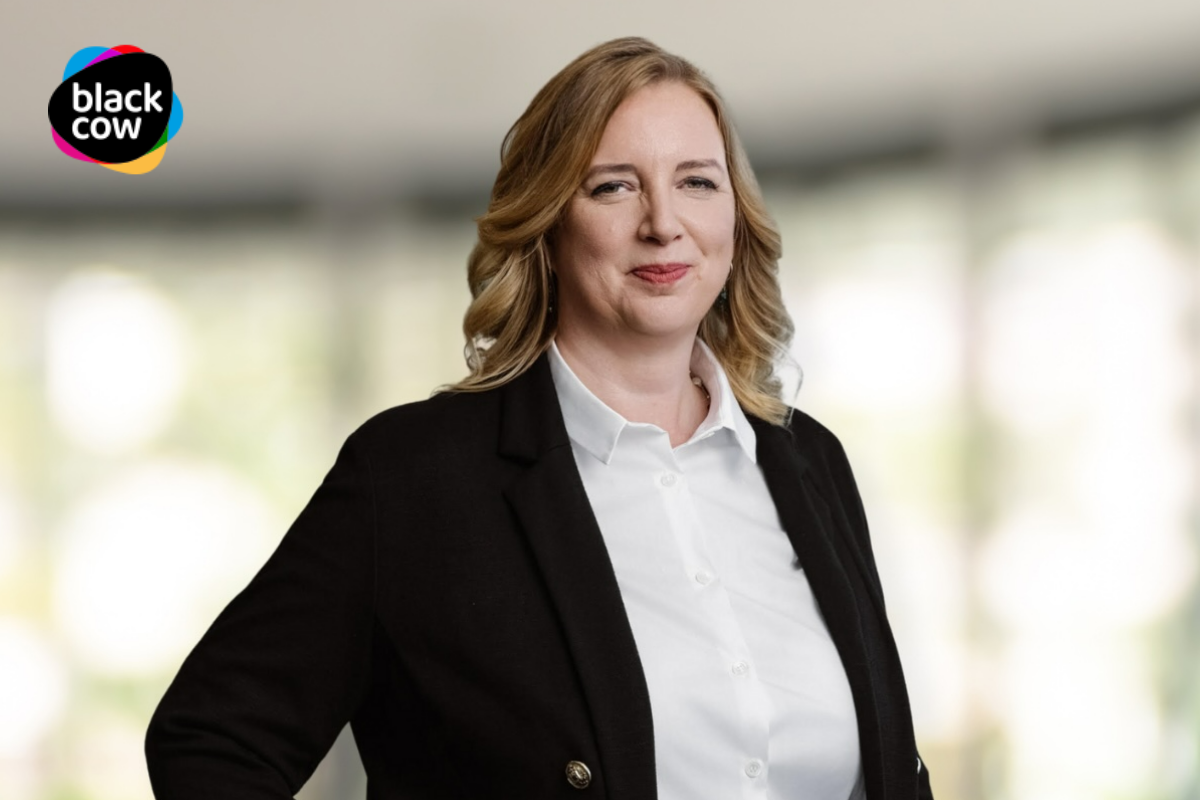Compliance Updates
Starlizard Integrity Services Identifies 167 Suspicious Football Matches Played Globally in 2023

Sports integrity specialists Starlizard Integrity Services (SIS) have identified 167 football matches played around the world in 2023 as suspicious.
In a major study, covering more than 65,000 football matches, SIS found that 167 (0.26%) showed indicators of potential manipulation. This represents an increase of 16% on the number identified in 2022 (144), although SIS analysed more matches in 2023, which means the percentage of suspicious matches decreased from 0.39% in 2022 to 0.26% in 2023.
The SIS 2023 data revealed that:
- 69 of the matches assessed as suspicious (41.3%) were played in the UEFA (European) region. However, this represents only 0.18% of the total UEFA region matches analysed – below the overall global percentage of 0.26%.
- The AFC (Asian) region saw the highest regional percentage of suspicious matches at 0.47%, although 0.52% of all international matches analysed were also assessed as suspicious.
- Just under half (49.7%) of all suspicious matches identified in 2023 were played in domestic leagues below the top leagues.
- Top-level leagues themselves were not immune, with just over a quarter (25.2%) of all suspicious matches identified being in this category.
- The risks to club friendly and youth matches are disproportionately high, accounting for 10.8% and 6% of the suspicious matches respectively, despite representing just 2.9% and 3.5% of all the games analysed in 2023.
- Whilst Full-Time betting markets still dominate suspicious betting activity, there has been a significant rise in suspicious betting on First-Half Only markets. Of the 167 matches identified as suspicious in 2023, 45 (27%) involved betting solely on the First-Half Only markets, which represents a marked increase from only six games (4.2%) identified in 2022.
Matches analysed by SIS are categorised as “suspicious” when they are found to have suspect betting patterns associated with them that may be indicative of match-fixing. While the level of suspicion will vary across matches depending on the nature and amount of evidence discovered, SIS believes that all matches so identified would warrant further investigation.
-

 Africa5 days ago
Africa5 days agoQTech Games wins Best Innovation of the Year at the 2025 SBWA+ Eventus Awards
-

 Asia5 days ago
Asia5 days agoNODWIN Gaming and JioStar Unveil OnePlus Android BGMS Season 4
-

 Latest News5 days ago
Latest News5 days agoVindral appoints Henrik Fagerlund as Chairman of the Board
-

 Latest News5 days ago
Latest News5 days agoCalema to Perform at Legends Charity Game in Lisbon
-

 Conferences in Europe5 days ago
Conferences in Europe5 days agoEGT Digital and EGT to rock the show at SiGMA Euro-Med 2025
-

 Latest News5 days ago
Latest News5 days agoPush Gaming redefines its portfolio, unveiling new game categories and sub-brand for extended player reach
-

 Affiliate Industry5 days ago
Affiliate Industry5 days agoNikita Lukanenoks Brings Slotsjudge Into Spotlight With Affiliate Leaders Awards 2025 Nomination
-

 Latest News5 days ago
Latest News5 days agoThunderkick returns for an even fierier fiesta in Carnival Queen 2






























